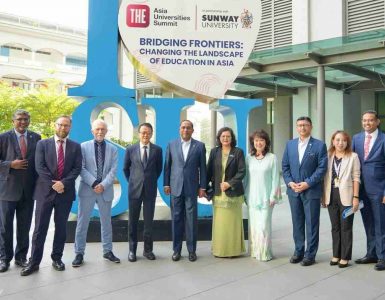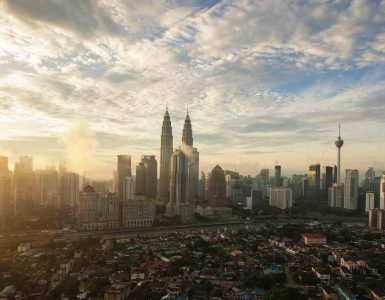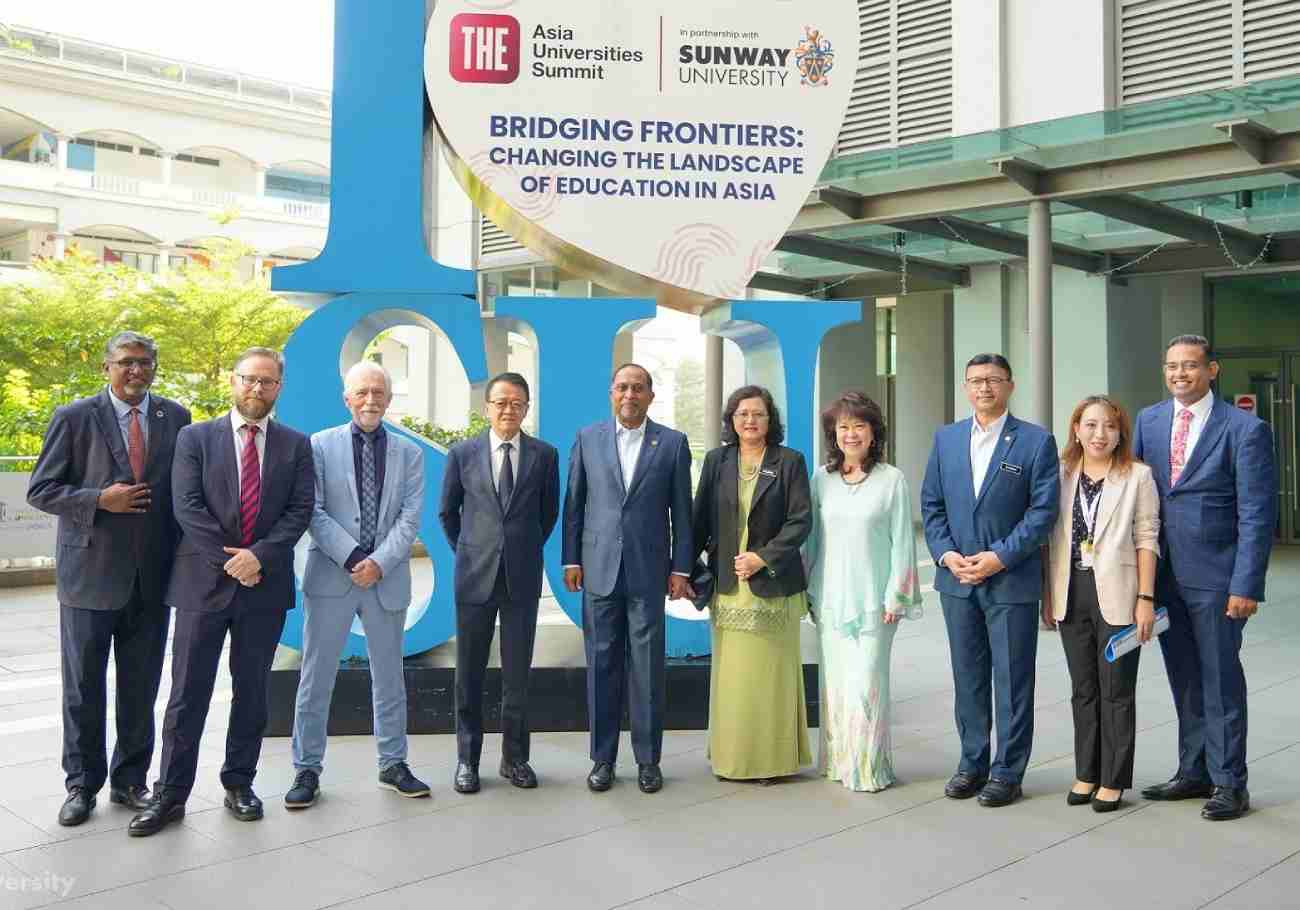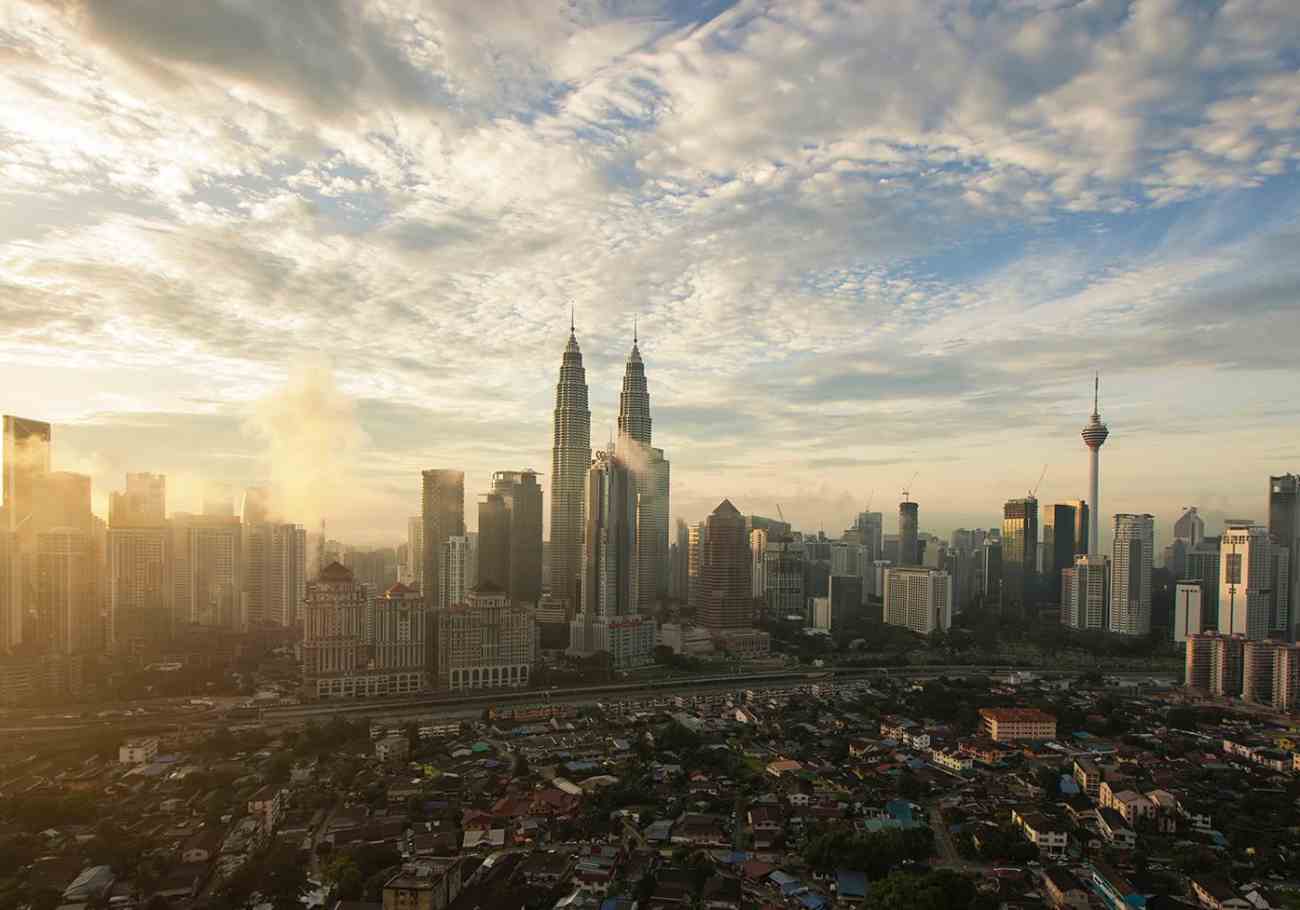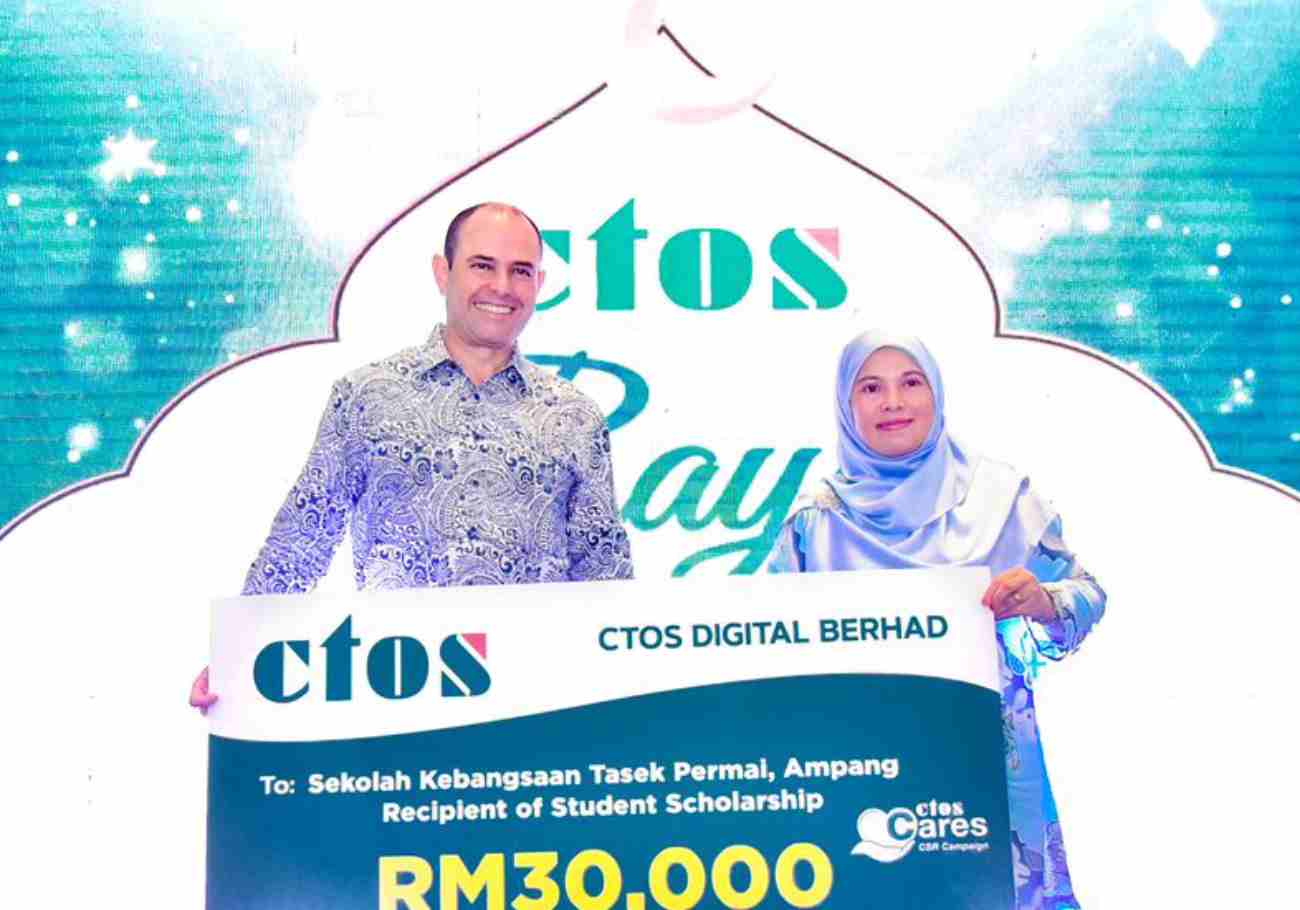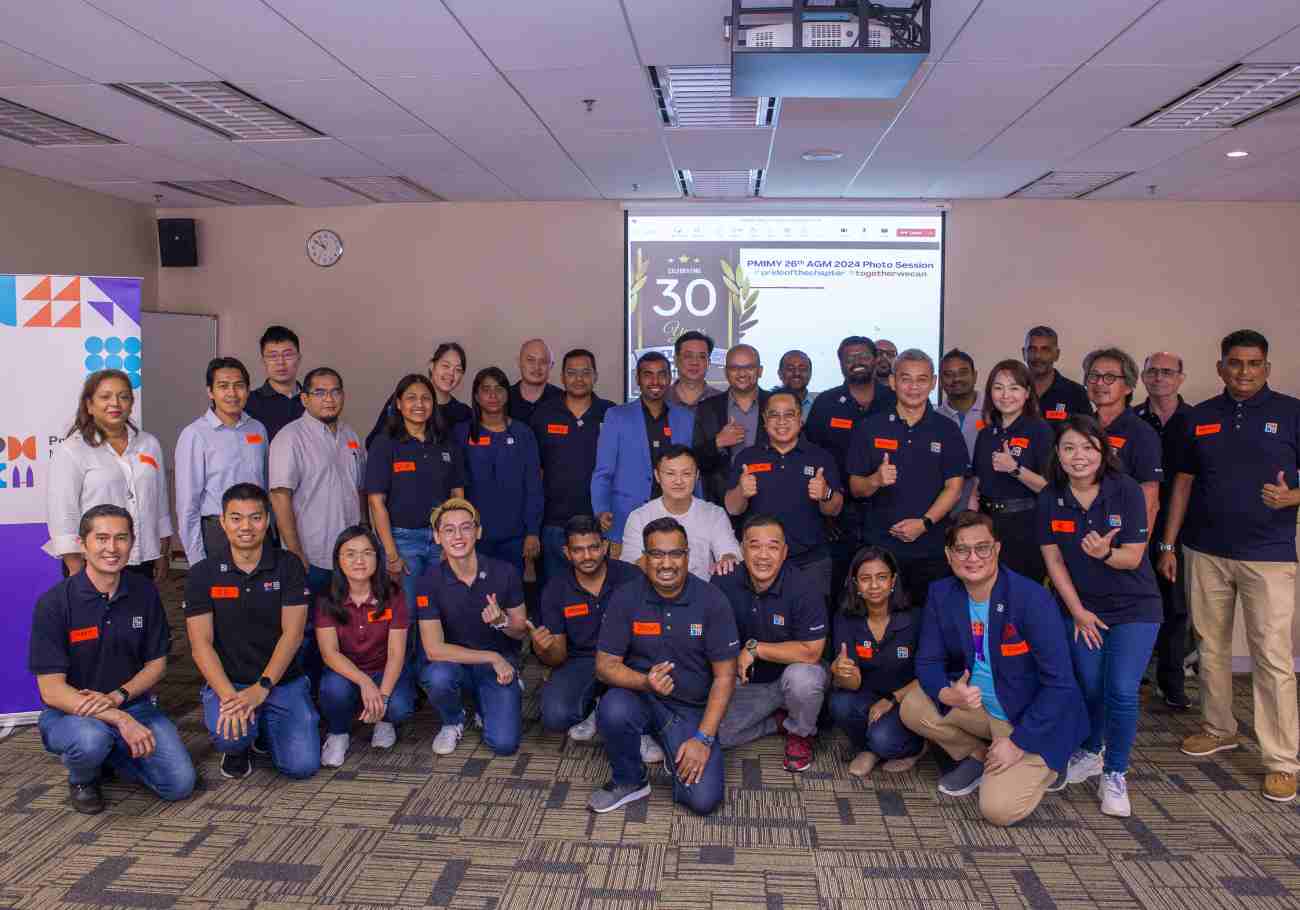By Lim Chee Wee, President, Malaysian Bar
The Malaysian Bar questions the reasoning behind the decision of the Rector of International Islamic University of Malaysia (IIUM), Professor Datuk Dr Zaleha Kamaruddin (Rector), to suspend and investigate IIUM law lecturer Professor Dr Abdul Aziz Bari for his recent comment.
According to press reports that have not been refuted, the Rector said that Professor Dr Abdul Aziz Bari had been suspended on the ground that his comment – that the decree of HRH the Sultan of Selangor regarding the Jabatan Agama Islam Selangor’s raid on a church in Petaling Jaya was “unusual and inconsistent” – was against the interests of IIUM.
The Malaysian Bar is astounded that a comment by a professor at an institution of higher learning, about a decree by a ruler of a state, could in any way be against the institution’s interests.
The Rector’s decision appears to be an insidious extension of the machinery of the Government, which is investigating the constitutional law expert for sedition arising from the same comment. Such an attitude is wholly out of place in a democratic society, and unbecoming of someone entrusted with a position of leadership in an academic institution that claims to be world-class.
Indeed, IIUM’s investigation stands in stark contrast to its stated mission and vision1 to produce better quality intellectuals, professionals and scholars, and to the Recommendations Concerning the Status of Higher-Education Teaching Personnel adopted by the United Nations Educational, Scientific and Cultural Organisation (“UNESCO”) on 11 November 1997. This states, among others, that:
26. Higher-education teaching personnel, like all other groups and individuals, should enjoy those internationally recognized civil, political, social and cultural rights applicable to all citizens.
Therefore, all higher-education teaching personnel should enjoy freedom of thought, conscience, religion, expression, assembly and association as well as the right to liberty and security of the person and liberty of movement.
They should not be hindered or impeded in exercising their civil rights as citizens, including the right to contribute to social change through freely expressing their opinion of state policies and of policies affecting higher education.
. . . .
30. Higher-education teaching personnel have a right to undertake professional activities outside of their employment, particularly those that enhance their professional skills or allow for the application of knowledge to the problems of the community, provided such activities do not interfere with their primary commitments to their home institutions in accordance with institutional policies and regulations or national laws and practice where they exist.
Such stifling moves are symptomatic of what is wrong with our institutions of higher learning, as documented in the recent World Bank Report, The Road to Academic Excellence, The Making of World-Class Research Universities (“World Bank Report”), which examined the problems faced by another leading local institution, University of Malaya (“UM”).
The World Bank Report commented that UM “continued as an executor of government policy and decision making”, and quoted Syed Husin Ali as having said that UM has joined “younger universities [in Malaysia] that are directly controlled or strongly influenced by the government. Basic freedoms of university staff and students have been so effectively curbed. . . . It is not surprising, therefore, that the quality and standards of local universities have been deteriorating.”
The World Bank Report stated that institutions of higher learning are vital to any country wanting to be competitive economically, because “(k)nowledge generation has replaced ownership of capital assets and labor productivity as the source of growth and prosperity. . . . The modern university is the ideal space for the ecosystem of scholars to search for new ideas in a spirit of free inquiry. . . . ”
We have hitherto accepted reports by the World Bank when it has offered bouquets of praise about Malaysia, most recently in our rise in the Doing Business Survey 2011. We must not now be selective and reject brickbats from the same organisation, if they are indeed warranted.
IIUM’s suppressive move is also contrary to the Government’s moves to develop Malaysia as a high income nation, and the Prime Minister’s promise to make Malaysia “the best democracy in the world”.
Unfortunately, whilst the Prime Minister’s promised legislative reforms on preventive detention and freedom of assembly were premised on “the success in developing the country, the increasing maturity of the people and the greater awareness of human rights in society”2 , it would appear that such maturity and awareness seems lacking in one of our supposedly premier institutions of higher learning, or at least in its Rector.
Furthermore, Professor Dr Abdul Aziz Bari’s comment must also be viewed in the context of comments made during the debate surrounding the amendments to the Federal Constitution in 1993 (which removed the sovereignty of rulers). These comments, which involved far stronger criticisms (if not attacks) against the royalty, made in Parliament and in the media, all went unchecked.
The Malaysian Bar applauds the courage of, and stand taken by, Deputy Higher Education Minister Saifuddin Abdullah in advising IIUM to retract the suspension. The Malaysian Bar calls on the Rector to immediately withdraw the show cause letter and cease all investigations against Professor Dr Abdul Aziz Bari so that he can get on with his important responsibility of teaching and inspiring our young generation.




